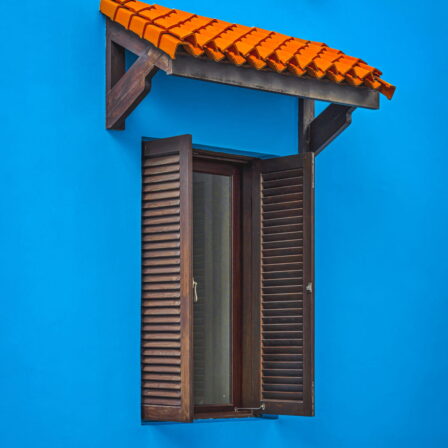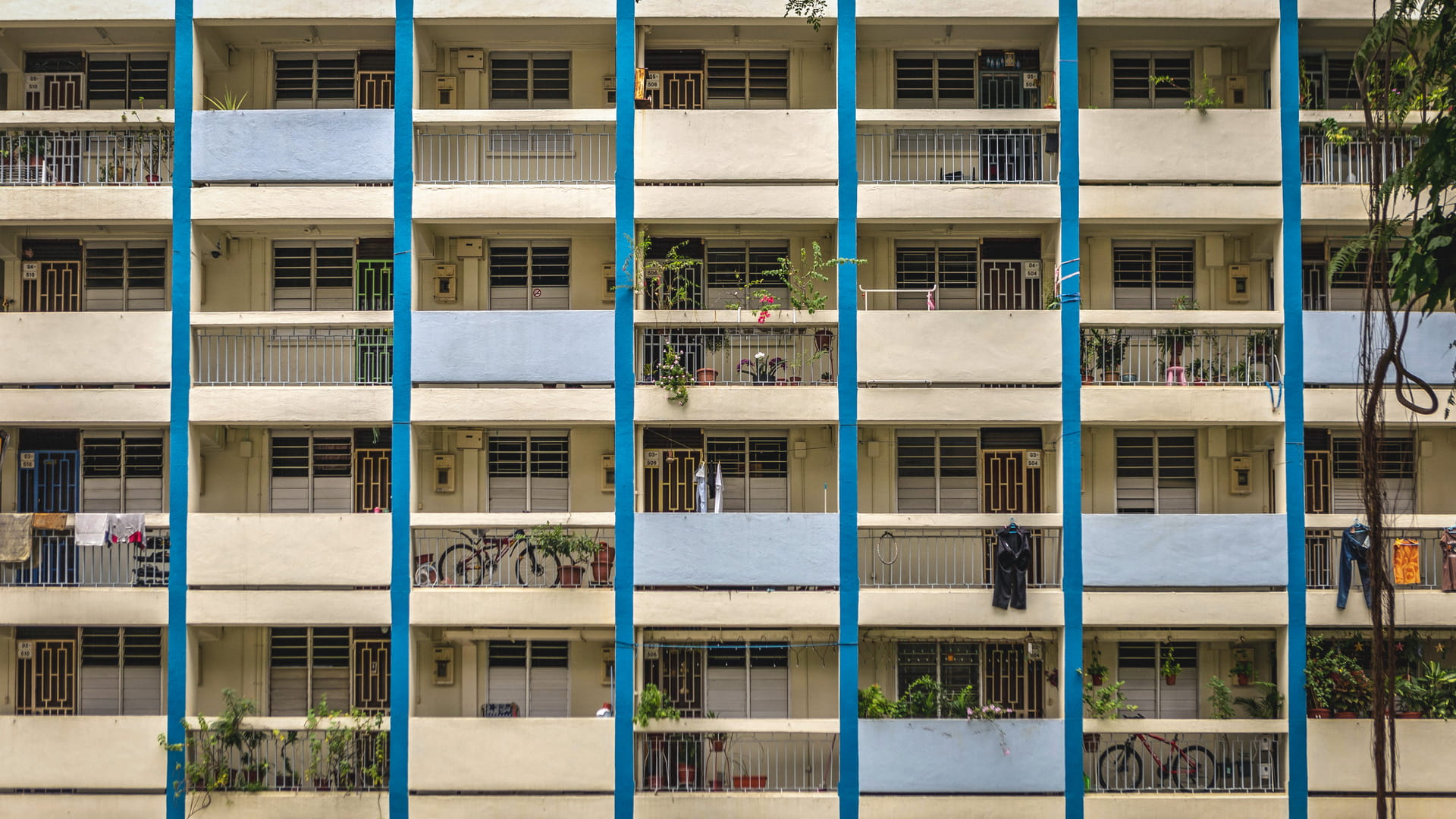Frequently Asked Questions about
"Home"
“Home” is a poem I wrote in 2012. It has recently been selected for the NSW HSC syllabus.
Teachers have written asking for more information on this poem.
I’m posting to share their questions and my answers.

I admire the discipline of traditional poetic forms (both in English and Chinese). The Metaphysical poets (Donne, Herbert, Marvell) and the Tang Dynasty poets (Li Bai, Tu Fu) all helped me develop an ear for rhythm and rhyme. Most poets writing in English are influenced (whether consciously or not) by the Imagists and the Free Verse movement of the early twentieth century. I count myself in that majority.
My contemporary influences are diverse and include African-American poet Gwendolyn Brooks (especially "The Chicago Defender Sends a Man to Little Rock"), Chinese-Singaporean poet Angeline Yap (“Lesong”), Anglo-Australian poet Peter Boyle ("On Invoking the Goddess" has been really important), and Asian-Australian poet Michelle Cahill ("Ode to Mumbai" - particularly for its last line).
"Home" itself is written in fairly standard free verse form. Its stanza lengths vary and so do its line lengths. The line is still important, though and it is good to pay attention to the line breaks. I have written prose poems and they are not the same as free verse. Free verse still pays attention to rhythm in a way that prose poetry does not.
My intention in "Home" was to fuse image and emotion (this is where the Peter Boyle poem mentioned above has been so influential). The idea of 'home', for anyone who has experienced dislocation or uncertainty about identity, is complex. The greater the dislocation or uncertainty, the deeper the complexity. Personally, I have lived in three different nation-states (Canada, Singapore, and Australia). I am also the product of a mixed-race marriage (my father is Chinese-Malaysian and my mother Anglo-Australian). My father was born in incredible poverty. I live in relative affluence. I know what it is to live in a city where the lights never go out and the traffic never stops, and I know what it is to live in a quiet country town where the entire town centre takes up one street. Where is home? What is home? Is it the memory of what I grew up with? Is it something I look back to or forward to? Is it something I experience now?
The other notion of 'home' that is central to the poem in question is the belief that 'home' could be an other-worldly place - a place not confined to the space-time dimension of this universe. Perhaps all the 'homes' we experience in this life are shadows or imperfect copies of a perfect Ideal - a Home that is both Place and Person - perfect 'at-home-ness' and deepest connection. My understanding of this Place/Person is heavily influenced by my Christian beliefs. A good way into understanding "Home", especially the second section ("Without Warning"), would be to read the following:
Biblical references:
The first chapter of the gospel of John
2 Corinthians 4:16 - 5:4
Other references:
The final two chapters of The Last Battle by C.S. Lewis.
Perhaps especially this (from The Last Battle):
It was the Unicorn who summed up what everyone was feeling. He stamped his right fore-hoof on the ground and neighed, and then cried:
'I have come home at last! This is my real country! I belong here. This is the land I have been looking for all my life, though I never knew it till now. The reason we loved the old Narnia is that it sometimes looked a little like this."
I was born in Canada. My parents decided, at my birth, to apply for Australian citizenship for me through my mother. I do not have Canadian citizenship. My first memories, however, are of snow and ice. We then moved to Malaysia (a wildly different landscape) for a few months, and then to Singapore. I lived in Singapore (as it was rapidly urbanising) until my late teens. I moved to Australia to go to university, met and married my husband while at university, and have lived in this country ever since. Within Australia I have lived in Perth, Brisbane (for 5 years), Perth again, Margaret River for 11 years as a Baptist pastor's wife, and now Perth yet again, where we have very recently co-located with my husband's aging parents. I now have the joys and challenges of living in a multi-generational household.
I am very much aware that I have had the privilege of some choice when it comes to where I live. While I did not feel comfortable with some aspects of Singaporean political culture, I was not compelled to leave because I lived in fear of losing my life. I had the option of simply choosing to live in Australia, without even the hassle of filling out an application form. I have read many refugee narratives. My own experiences of displacement and loss, while genuine, do not have the same degree of pain, injustice, suffering, or intense uncertainty. I think of Rosemary Sayer's More to the Story: Conversations with Refugees and Robin de Crespigny's account of Ali Al Jenabi's life in The People Smuggler, and I recognise a depth of hardship that I have yet to experience.
One of the effects of moving so many times is that I know I cannot cling too tightly to any earthly home. I find this difficult. I think we all long for certainty and complete belonging. When I face yet another move it helps to remember that I have an ultimate home - yes, a spiritual home - that this whole life is a journey towards.
In St Paul's second letter to the Corinthians he writes: "For we know that if the earthly tent we live in is destroyed, we have a building from God, a house not made with hands, eternal in the heavens. For in this tent we groan, longing to be clothed with our heavenly dwelling" (2 Cor 5:1-2).
When I wrote "Home" I was living, with three young children, in a manse behind Margaret River Baptist church. A manse is a peculiar sort of dwelling built to house ministers of religion and their families. It is not quite the same as living in your own house, and it is not quite the same as renting. I still struggled with feeling like it was not really mine. When I struggled, I would remember the tiny Chinatown shophouse in Kuching, Malaysia, that my father was born into. I would also think about the passage from 2 Corinthians mentioned above. There was, at the time, blue plumbago and white jasmine in the garden at the manse; as well as a Chinese mulberry tree, which I had (rather defiantly) planted.
Even if every other thing I hang my identity on changes, I am a loved and forgiven child of God, bought by the blood of Jesus. This does not change. It is the anchor of my spiritual home.
We have, very recently, moved from Margaret River back to Perth to co-locate with my husband's parents. Even though they are Anglo-Australian they were beginning to think that the Chinese and Italians had better cultural traditions of multi-generational living as a way for the young and the old to provide for each other. They approached us to see if we were interested in co-locating with them and we agreed to embark on this journey together. I was brought up immersed in a culture where multi-generational households were and still are normal, so this new type of 'home' feels like a good fit.


0 comments on ““Home” FAQThe poem on the NSW HSC Syllabus”